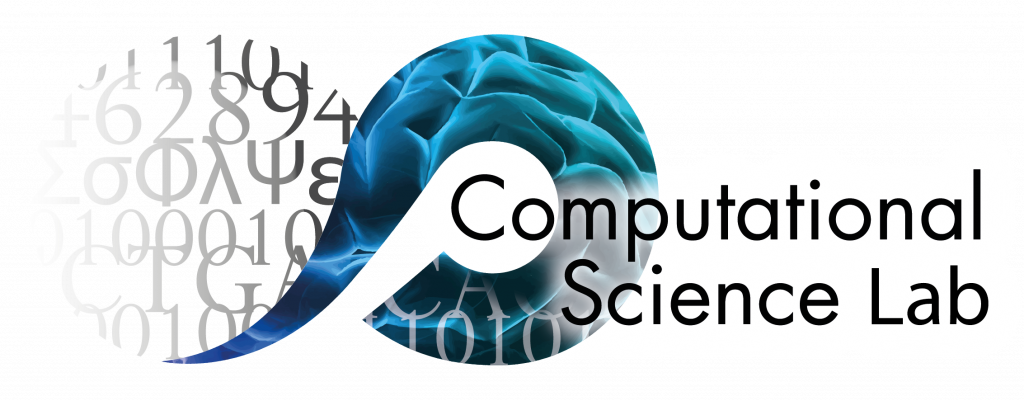We are seeking a researcher (PhD candidate or Postdoctoral researcher) for a computational network science position to work on an exciting research project in an interdisciplinary team. You will focus on the use of mathematical and computational methods to study the organizing principles and adaptative, bottom-up nature of the various types of networks and value chains underlying modern organized crime activities.
There is a growing consensus that the complexities underlying crimes and criminal organisations cannot be unravelled by traditional methods alone. A shift in research paradigm to complex adaptive systems and network thinking is therefore imperative to move this field forward. Organized crime is a complex interplay between social networks, financial networks, communication networks, trust, opportunity, among others. A complex systems approach that studies these pathways, how these pathways adapt, and their interactions can support analysts and investigators in effectively tackling undermining criminal activities in a strategic manner.
Particularly novel in this project is that multiple rich intelligence datasets (anonymised) will be combined in order to create large, multiplex networks surrounding criminal activities. This quantitative data will be combined with qualitative knowledge from domain experts. The resulting networks (and value chains) will be conceptualized as a dynamical system which are adaptive and decentralised. The goal is to model, mathematically and computationally, the process of formation and evolution of the networks and value chains therein, and subsequently to use complexity science concepts to study the function of the emergent network topology as a resilient, bottom-up infrastructure for information, money, and commodities.
For more details please click here.
